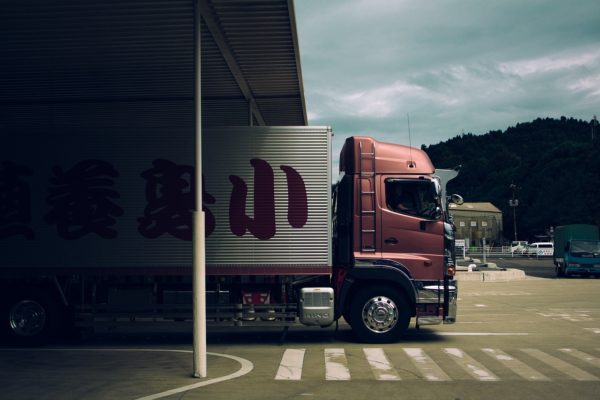Daring to innovate
to stay competitive
The transport and logistics sector will continue to boom in the coming years. The likely decline in global trading volumes because of multiple macroeconomic and geopolitical factors such as rising protectionism or slow economic growth is offset by strong logistics demand in the e-commerce or healthcare markets. This new demand makes it possible to create value-creating logistics and services to be differentiated by focusing on the consumer.
Margin pressures are increasing, particularly as a result of higher operating costs, increased competition and the increased demands of customers who now have tools to compare the quality of services. This pressure is also intensifying because of the rise in investment costs in new technologies, sustainable transport and the acquisition of new distribution channels that are more expensive and whose real cost has not yet been transferred from the service provider to customers. This constraining market environment is driving those in the sector to refine their expertise and diversify their activities through acquisitions, partnerships and alliances (DHL and Accenture, Sinotrans and Tencent, Kühne+Nagel and Honeywell, etc.).

How to meet the challenges of the industry
New technology will provide opportunities to improve efficiency and productivity through new business models and services (real-time shipment tracking, route and network optimization, automation, use of digital tech such as blockchain, etc.). These innovations are already being leveraged by those in the transport and logistics industry.
The e-commerce revolution is fundamentally changing the conditions in this industry. With the growing demand for omnichannel options, new companies are entering the logistics market, particularly last-mile specialists to meet the growing demand for home delivery. They are competing with traditional companies in the courier and express delivery segments. In addition, online distributors are beginning to compete with logistics providers by selling their spare capacity on the market.
How can we help you?
Zalis helps companies in the sector, both strategically and operationally, with the following:
- Offshoring or relocation of distribution centers
- Better management of logistics/supply-chain subcontracting
- Planning, reorganization, configuration, optimization of logistics platforms/warehouses
- Improved efficiency of the distribution network (significant reduction in logistics costs)
- Strategic repositioning of companies in the sector
- Support for external growth (M&A and origination)
Examples of
Zalis's work
Transport and Logistics
Zalis carried out an operational support mandate, in particular as part of a change in logistical organization, for a leading French business in the field of workspace/office design. The mandate consisted in reorganizing the group’s logistics by creating a single site for receiving, storing, preparing orders and loading shipments and closing three other sites.
Zalis provided operational support to manage the relationship with the service provider for the creation of the new logistics site, human resources, and the planning and especially the performance of all tasks. Zalis oversaw project planning, warehouse configuration, new process design, system development, relationships with the third-party service provider and the achievement of project objectives in collaboration with the client.
The result was centralized product deliveries to the new site, which was done within pre-established budgetary constraints and ahead of schedule. The productivity improvement target was achieved three weeks after the first delivery to the new site.
Zalis carried out a consulting mandate as part of the reorganization of its logistics and the delivery of products that have very short shelf lives to hospitals and clinics.
The strategic study that Zalis carried out helped the business to reduce its logistics costs by more than 30% in an extremely regulated environment (pharmaceutical standards related to the transport of radioactive products). These results were obtained by completely revisiting the supply chain, including production schedules.
Zalis oversaw operational recovery efforts, the management of the performance improvement program, the development of a new business plan and the negotiation of new contracts with customers for a business that manufactures machines for the construction, mining and forestry sectors. Zalis also worked on the implementation of a refinancing plan, debt renegotiation (bank debt and bonds) and the sale of the business to a new investor.